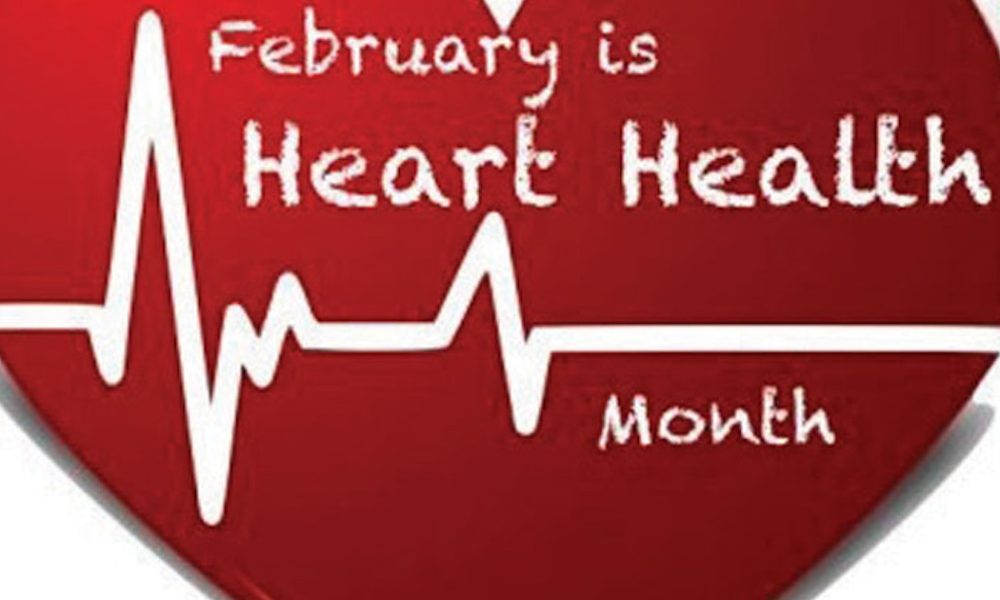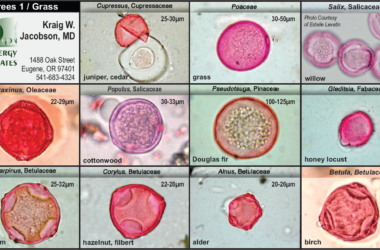
Happy ”Heart Health” Month! This is a great opportunity to focus on supporting your cardiovascular superpump. There’s no better way to celebrate this time of year than to share with those we love hacks (tips) for supporting cardiovascular health. Fortunately, in the nutrition field we have many guides available that review the studies, go deeper and share helpful tips we can all implement and achieve our goals of optimal health, avoiding the prescription medications and all their side effects.
As I shared in Parts 1 & 2, one of my favorite guides is board certified cardiologist, Jack Wolfson, DO, FACC, whose book, ”The Paleo Cardiologist” was published a couple of years ago. In his book he describes his path from a having a typical drug- and surgery-based cardiology practice as part of a prestigious group of doctors, to studying the benefits of nutrition and herbal medicine as an adjunct and typically an alternative path of healing for his patients.
In ”The Paleo Cardiologist,” Wolfson covers diet and lifestyle tips for cardiovascular health (and general health) and includes his ”Top 20 Supplements.” I shared the benefits of vitamins E, C and D, digestive enzymes, berberine and hawthorne last week, and will share the rest of Dr. Wolfson’s Top 20 options with you in today’s column:
13. L-citrulline: An amino acid, L-citrulline has been studied and found to support men with erectile dysfunction, with promising results, and in another study of patients with heart failure they found a 20 percent improvement in ejection fraction with improved heart failure symptoms.
This nutrient has been found to improve the endothelial function of our blood vessels and arteries with improved blood flow. With this nutrient we support more flexible blood vessels, resulting in less resistance and healthier blood pressure levels.
14. Magnesium: Often neglected in favor of calcium, this mineral is the fourth most common element found on the earth behind iron, oxygen and silicon, and supports our health in many ways. Magnesium is crucial for production and utilization of proteins, fat, carbohydrates, DNA, cell division, immune support and inflammatory regulation, muscle contraction and relaxation, and cellular communication. Most of the processed foods we eat are lacking in magnesium. Many of the pharmaceuticals we take and caffeinated beverages we drink encourage mineral (including magnesium) loss.
Got stress? Chronic stress leads to chronic magnesium depletion. Magnesium supplements can lower blood pressure, raise HDL, lower triglycerides, modulate inflammation and improve blood sugar control.
There are many options to increase your magnesium levels, and my favorite forms are magnesium glycinate, which has the added benefit of relaxing glycine (an amino acid) and magnesium oil which has similar soothing effects as an epsom salt bath (without the tub).
15. Probiotics: Maintaining our body’s inner ecology is critical for immune and cognitive function, and helps as follows: improved digestion and assimilation of nutrients, lower inflammation levels, enhanced synthesis of B vitamins, improved IBS or colitis symptoms and fresher breath. According to Dr. Wolfson, ”Cardiovascular disease is a result of toxins leading to inflammation, and a major source of inflammation is the gut. Heal the gut and heal the heart.”
16. Taurine: This amino acid, a major constituent of bile, is produced in our pancreas and is also found in liver, eggs and other meats. This nutrient lowers blood pressure in hypertensive people, improves cholesterol level due to increase bile secretion, improves heart function and acts as a protective antioxidant.
17. Garlic: Known universally as the ”stinking rose,” this odious bulb offers many cardiovascular benefits. Taken as a supplement or a food, garlic reduces plaque formation, lowers blood pressure, decreases LDL cholesterol oxidation and protects HDL particles, lowers triglycerides, lowers blood sugar, is antimicrobial and inhibits platelet aggregation (less-sticky platelets).
18. Beetroot Powder: Since many of you are not big fans of beets, beetroot powder is a great way to add this healthy root to smoothies, soups and other meals. Beets are rich in nitrates that support relaxed smooth muscle in your arteries, resulting in less resistance and improved blood pressure readings. We get the most benefits from raw or powdered beets, including improved athletic performance, improved circulation and improved blood sugar balance.
19. Nattokinase: This enzyme, extracted from a food called natto, is one of Japan’s secrets to longevity. Nattokinase inhibits platelet aggregation, decreases blood clotting, and per Dr. Wolfson also decreases amyloid plaque in dementia. He recommends this enzyme to his patients that have a history of cardiovascular disease, atrial fibrillation, and other risk factors for coronary heart disease such as obesity and family history.
20. Red Yeast Rice: A product of rice fermented with a yeast called Monascus purpureus, this typically well-tolerated nutrient can support healthy cholesterol levels, and may be suggested for people with a history of heart attack, a stent, or those people who have had a bypass procedure. As with statin medications, Dr. Wolfson recommends that his patients using Red Yeast Rice take 100 mg. of CoQ10 twice daily, since this nutrient also inhibits CoQ10 production.
I again want to wish you all a Happy Heart Health Month, and invite you to my class: ”Where to Start to Love Your Heart” on Wednesday, Feb. 7 at 2 p.m. at Natural Grocers in Eugene. For more information about this subject, stop in and see me and pick up a copy of Dr. Wolfson’s book, also available at your favorite book store and library. Salud!







